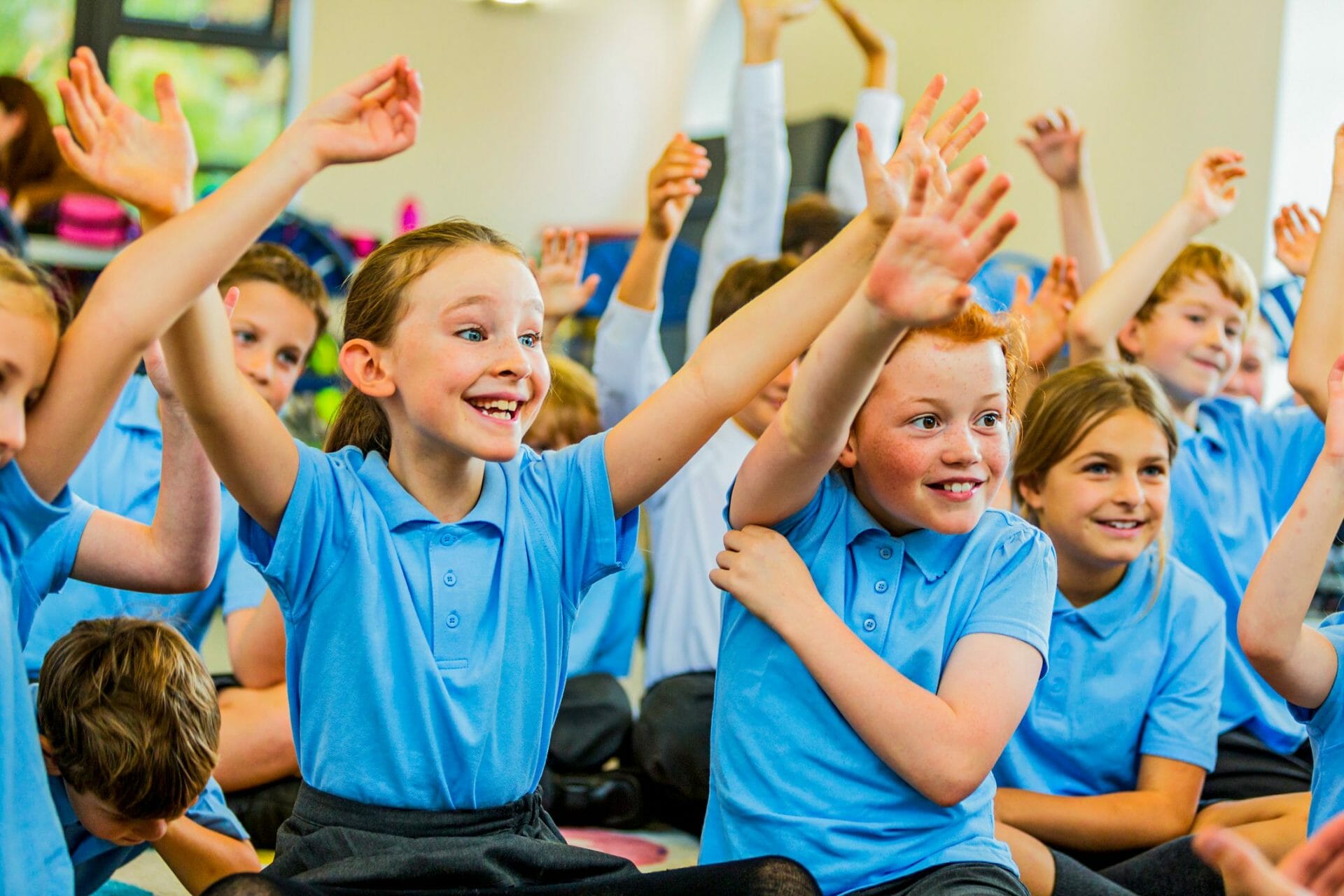How early should I begin tutoring?
Children display a wonderful thirst for learning from a very young age, but this doesn’t always translate to an eagerness for structured lessons. In fact, research consistently shows that children under the age of five or six learn best through play, which is why preschool and early learning programs structure their lessons around sensory activities.
Tutoring focuses on school readiness and developing academic outcomes, so use this as your guide. At Cluey, we begin tutoring children at around eight in literacy and numeracy. If you’re looking for more, younger school-aged children can benefit from tailored and evidence-based reading support programs designed to develop basic literacy skills.
How often should I be tutoring?
Parents often ask us about the “optimum” amount of tutoring. This really depends on the student and the amount of work to be completed (i.e. whether sessions are to catch up, build confidence, or fill knowledge gaps leading up to an exam). As a general rule, we recommend a minimum of one session per week. This enables students to establish a routine and build a relationship with their tutor.
Students might want to increase their sessions leading up to an exam or assessment period, or at times in which they feel themselves falling behind. “Tutoring intensives” can be a wonderful way to prepare your child for academic milestones, however too many sessions can lead to disengagement so be mindful of your child’s attitude at peak tutoring periods.
How long should a tutoring session be?
For primary-aged students, 45-60 minutes is generally enough. Younger children often begin to lose focus after this period.
For older kids, between 60 and 90 minutes is optimum. Kids can dally around, so to speak, so an hour can go pretty quickly by the time tutor and student settle into any sort of rhythm. It’s important to remember that after school sessions often follow an already long and demanding school day so consider your child’s capacity for extra learning in the evenings.
How should I evaluate the effectiveness of my child’s sessions?
Look for signs of engagement during and after each session. Can your child clearly explain what they covered each week? This is a good indication that they understood the content, absorbed the knowledge and truly learned. Increased confidence in what they’re explaining is also a fantastic sign.
Although you can’t expect an immediate uptick in exam results, you can definitely look for improvements after three or six months of tutoring.
For more answers to frequently asked questions about tutoring and how Cluey works click here.
